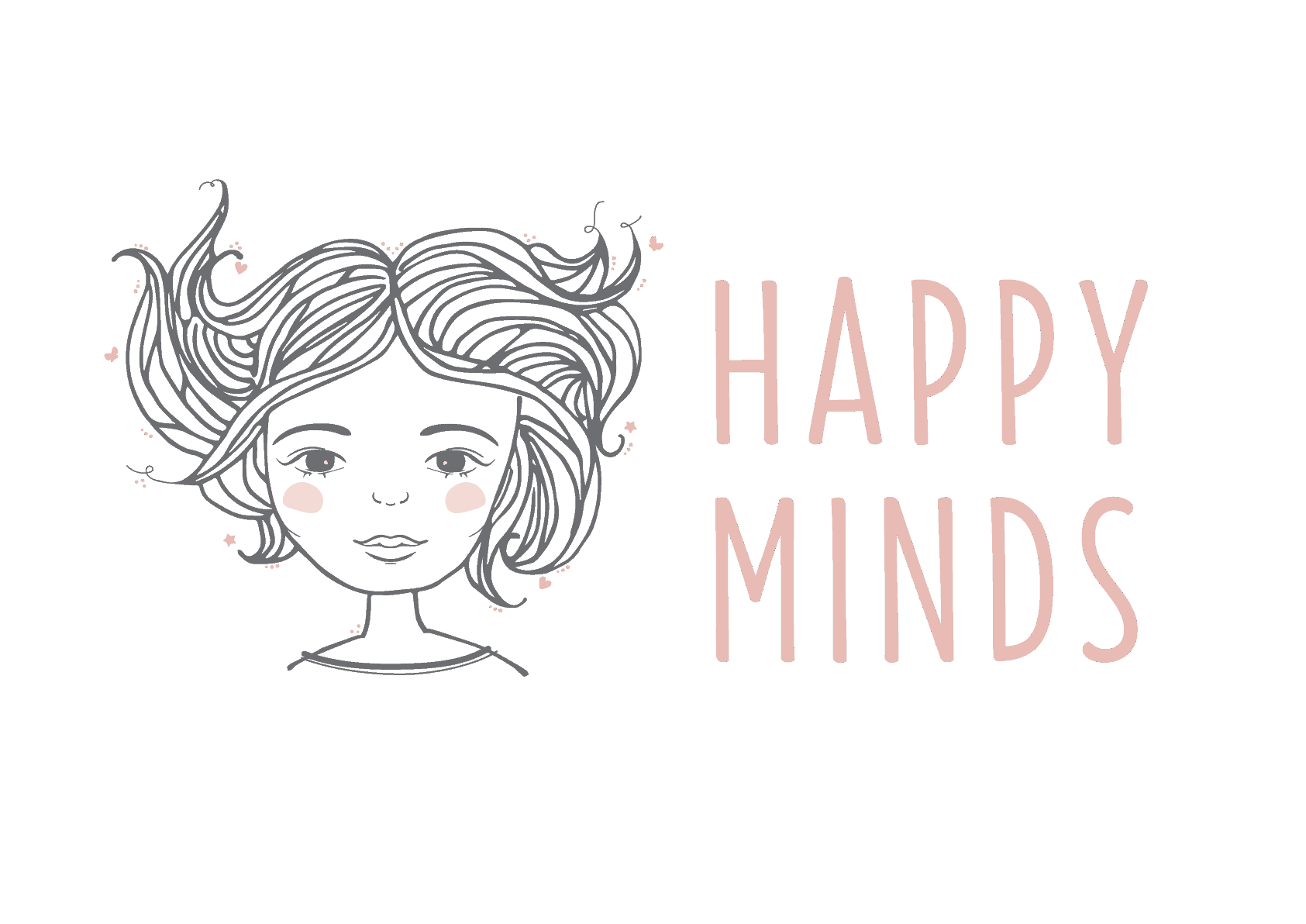Pregnancy: a time for skipping through a field of daisies in the sunshine – right? For many pregnant women, the experience of being pregnant is no trip to the Lindt D’or factory. Let’s be honest here. The early symptoms in pregnancy can be unpleasant to say the least. With all the nausea and the fatigue, there isn’t a lot of time for skipping, let alone the desire to!
The main focus on mental health in the antenatal and postnatal periods is on postnatal depression. It’s very likely that your Doctor will use a screening test to see if depression is an issue for you. However, many women report also experiencing some form of anxiety during their pregnancy. The Royal Women’s Hospital reports that at least 30% of women experience anxiety during pregnancy. Other studies have shown up to 50% of mothers feel anxious at some stage during pregnancy. So, anxiety is common in pregnancy. But what are the effects on your baby?
What the evidence says
There have been plenty of research in the last few years that has looked at the effects of anxiety on babies in utero. Researchers in Iran (Shahhosseini et. al.) in 2015 conducted a big study where they looked at other researchers findings on this subject. The team reviewed 60 other large scale studies. Interestingly, they found that there were four ways that untreated anxiety in pregnancy can impact on the baby.
Biological
According to the study by Shahhosseini and his colleagues, there are a number of biological changes that anxiety can potentially have on the fetus. As well as low birth weight, anxiety can potentially affect your baby’s height. How big this effect is, and how often this happens is not yet known.
Psychological
It’s no surprise that the researchers found that there was a relationship between mums who are experiencing anxiety in pregnancy and their baby’s mental well being. Perhaps because of the effects of cortisol, the chemical that is released when you are experiencing long term anxiety, babies who have severely anxious mums have shown to have impaired cognitive development. Psych-speak for how babies think. The study shows that babies can have slower language development, problems concentrating and managing emotions.
Behavioural
In addition to the physical and psychological effects of anxiety on the baby, when reviewing the other studies the researchers found effects on their behaviour too. As well as more crying, irritability and restlessness in babies in the neonatal period, the studies also indicated that babies behaved more nervously to sounds in early childhood. Behaviorally, anxiety can potentially create a lot of problems for children. It may change how the child communicates, interacts with others and views their world.
Medical
The review of the studies also found some worrying effects of anxiety of babies in terms of illness and disease. Shahhosseini and his team found higher reported rates of asthma, coronary heart disease and other medical problems like cleft lips.
In conclusion
In conclusion, this large scale study of studies has plenty to say about the worrying impact of anxiety during pregnancy. Anxiety is a widespread mental health problem, especially during pregnancy. Despite its high incidence rates and serious complications, it is much more likely that you will encounter a healthcare provider that is experienced in spotting the symptoms of depression, rather than anxiety. Don’t get this wrong – depression in pregnancy and in the neonatal period needs to be treated too.
In addition to the problems listed above, chronically or severely anxious mothers may feel overwhelmed and fatigued which might impact their diet and sleep habits. All of these factors may help explain how maternal anxiety during pregnancy can have long-term effects on the unborn child.
Another study (Glover, 2014) maintains that mental health in pregnancy is a neglected area for both research and those working in maternal healthcare such as Obstetricians. This research stresses how important it is to have good prenatal relationship with a midwife or GP who will be with you through pregnancy and into the early motherhood period.
What you can do to manage anxiety in pregnancy
Fortunately, there is a lot of research being conducted globally on anxiety in pregnancy. The search to find a reliable, pregnancy specific screening test is underway, and more practitioners are switching on to mental health during pregnancy.
Even better news is that there is plenty you can do if you are feeling anxious during pregnancy to help yourself feel better. Take some time out to notice your breathing, and slow it down. Beyond Blue has some great tips on how to relax which you can get here. Another good way to start focusing on managing anxiety is to download the CALM app on your phone. It has some great mindfulness meditations to help lower your anxiety.
In conclusion, it is a good idea to make an appointment with your GP and discuss with them how you are feeling. They will be able to get you a Medicare Mental Health Care Plan which will give you a rebate on fees if you decide you would like to see a Psychologist.
There is plenty you can do to manage anxiety, and you don’t have to do it alone.
You can access the full review on the effects on your baby of anxiety here.
Happy Minds Psychology specialises in working with women during the antenatal and postnatal periods. We support you in effectively managing your anxiety and navigating pregnancy, particularly important after fertility treatment or previous loss. Read more about how our Geelong Psychologist can help you with pregnancy anxiety here.
Call us on 0431 666050 to make an appointment or book your first session online here.

